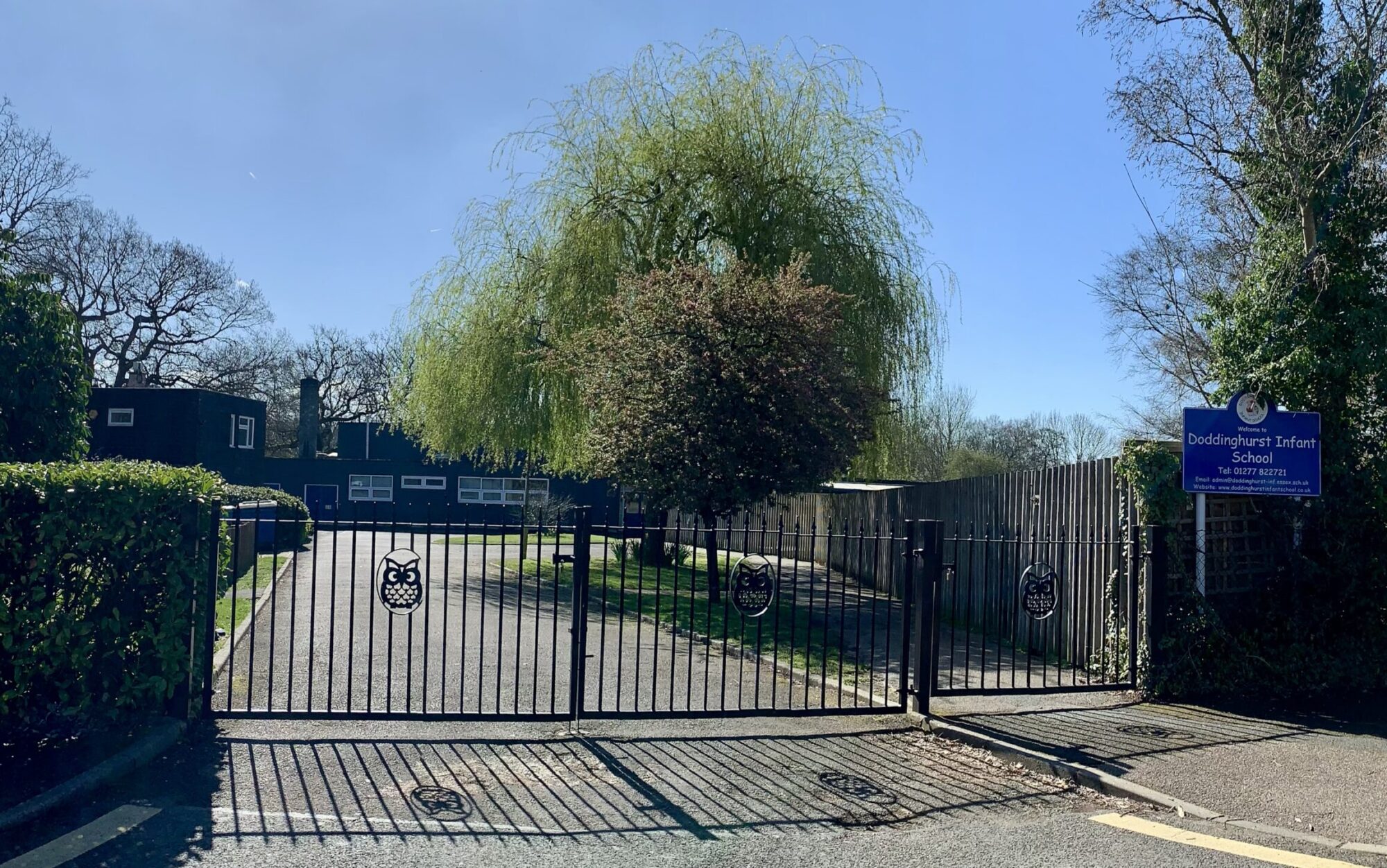Please also refer to the curriculum leaflets for further subject information.
Maths
Try to make mathematics as fun as possible – games, puzzles and jigsaws are a fantastic way to start. It is also important to show how we use mathematical skills in our everyday lives and to involve your child with this.
Identifying problems and solving them can also help your child develop mathematical skills. If you see him or her puzzling over something, talk about the problem and try to work out the solution together.
Don’t shy away from mathematics if you didn’t like it at school. Try to find new ways to enjoy the subject with your child. Remember the phrase ‘We love maths’.
Reading
All children take a reading book home every day – try to read the book together every night. As well as reading with your child, you are also politely asked to complete their Reading Record regularly which helps track your child’s reading progress.
Reading with your child is vital. Research shows that it is the single most important thing you can do to help your child’s education. It’s best to read little and often, so try to put aside some time for it every day.
Think of ways to make reading fun – you want your child to learn how pleasurable books can be. If you’re both enjoying talking about the content of a particular page, linger over it for as long as you like.
Books arenât just about reading the words on the page; they can also present new ideas and topics for you and your child to discuss.
Homework
Homework reinforces what your child is learning in school. It also gives you a chance to become involved in the learning process.
Remember, the time your child spends on homework is less important than his or her understanding of it.
As well as our ‘formal’ homework, children are asked to talk to their families about what they have learned in school. This can be the most valuable homework of all, especially if you show interest and play an active role by asking your child questions about their day.
Additional Information

